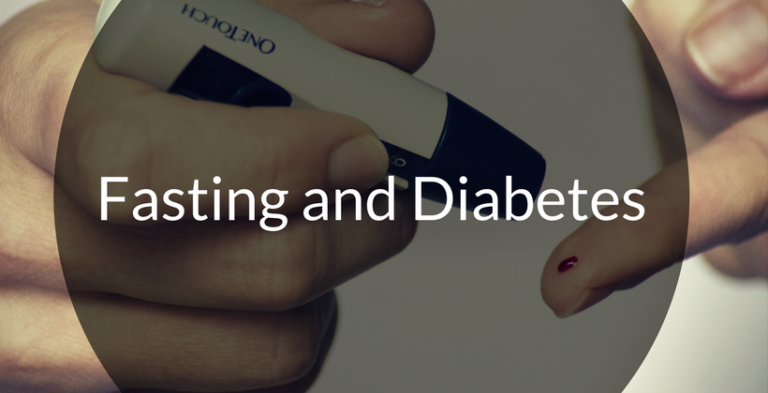
Fasting Safely With Diabetes
Fasting is a real challenge for everyone, but it’s specifically difficult for diabetic patients. Fasting increases the risk of hypoglycemia and hyperglycemia in diabetic patients. They need to eat something at regular intervals to manage their blood sugar levels.
It’s crucial for diabetic patients to know the importance of managing their sugar levels during fast. In this article, we have listed some tips that can help you to be safe while fasting, if you’re diabetic. Please consult with your physician before ant fast.
Fasting and Diabetes: Does Type Matter?
Whether you have diabetes of type 1 or type 2, fasting needs to be approached with care. Firstly, you should fast rarely if you have diabetes. You might experience hypoglycemia if you’re on oral medications, resulting in seizure, coma, or even death if left untreated.
Secondly, if you’re on taking insulin, fasting without using insulin can result in high blood sugars or in diabetic ketoacidosis. You might experience dehydration because of avoiding fluids during the fast.
Fasting for Blood Tests
There are chances that sometimes you will have to fast for 8-12 hours for blood tests (cholesterol) or prior to a surgical procedure. This kind of fasting needs right planning. Most of the patients don’t know that they need to make some adjustments with their medications prior to their tests. This can cause morning hypoglycemia for many of these patients.
The chances of morning hypoglycemia can be reduced with following measures.
- Lab tests/procedures should be scheduled as early in the morning as possible, to reduce the duration of the fast. You should bring some food to eat as soon as the procedure is completed and you are cleared to eat.
- You must monitor blood glucose concentrations frequently in the morning of the blood test or surgery. If severe symptomatic hypoglycemia occurs, you must ingest carbohydrates and cancel the laboratory test or surgical procedure.
- Obtain medical advice from your physician to determine the best strategy for fasting before a test
Fasting for Religious Holidays
There are a number of religions (e.g., Islam, Judaism, Mormon, etc.) that observe different periods of fasting. As the duration of the fasts vary from religion to region, diabetic patients must adjust their medications. This will help them to avoid hypoglycemia and hyperglycemia during fasts. Being a diabetic patient, one of the safest ways to avoid the chances of hypoglycemia and hyperglycemia is to avoid keeping fasts.
You are advised not to fast if you’ve:
- Type 1 diabetes,
- Poor glycemic control,
- Recurrent, severe, or unawareness of hypoglycemia,
- Or pregnant
You must break your fast immediately and take carbohydrates if hypoglycemia develops (usually defined as a blood glucose of 70 mg/dL to 90 mg/dL [3.9 mmol/L to 5 mmol/L].
Tips for Diabetic Patients to Keep Fast
Here are some tips that you must follow before fasting:
- Make sure to eat a normal meal on the evening before the fast.
- Take short-acting medications (short- or rapid-acting insulin, mealtime meds) with the evening meal. (With your physician’s approval)
- Reduce your evening dose of intermediate or basal insulin to about 20%. (With your physician’s approval)
- Avoid your bedtime dose of sulfonylurea on the day before the fast. (With your physician’s approval)
- Don’t take any diabetes medications, except insulin on the morning of the fast. (With your physician’s approval)
- Just take one-half to one-third of the intermediate-acting or basal insulin on the morning of the fast. (With your physician’s approval)
- For those taking insulin, blood glucose should be monitored frequently, and short acting insulin should be used for blood glucose values greater than 250 mg/dL(13.9 mmol/L).
- After the fast, all medications and meals should be resumed, as usual.
- Speak with your physician about the best way to plan for a religious fast.


